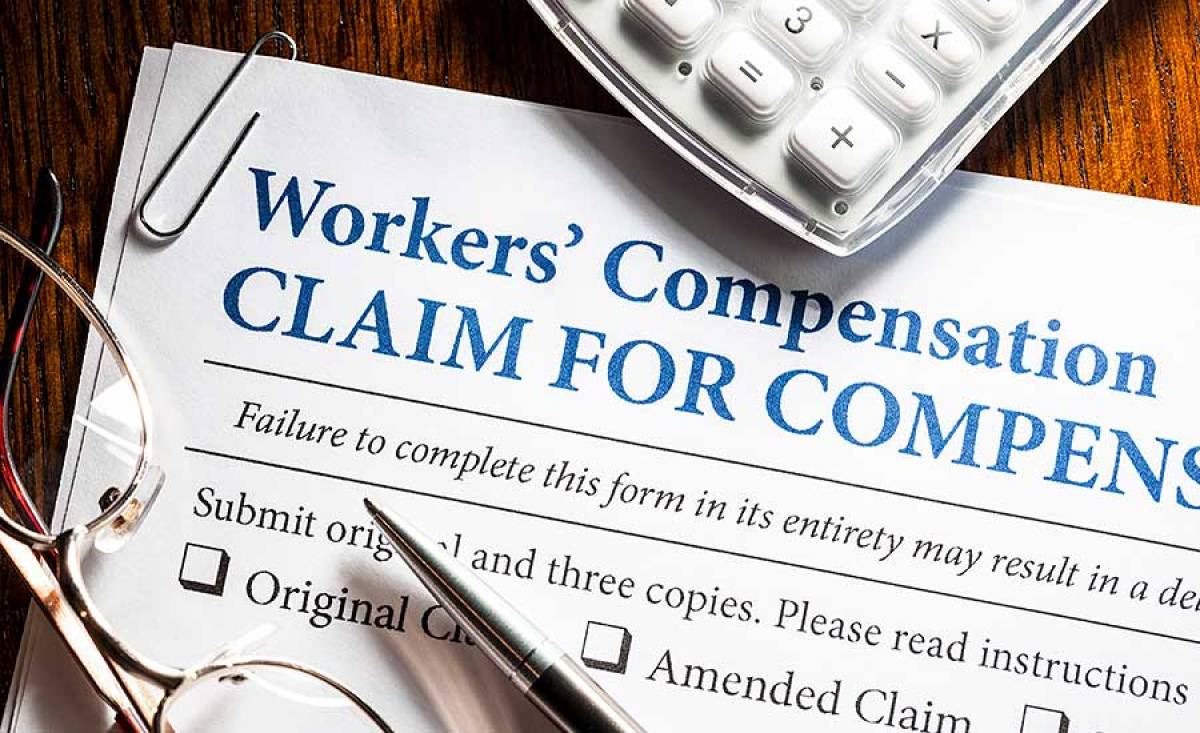8 Most Common Types of Compensation Claims

There are many different types of compensation claims, each with its own specific set of requirements and legal considerations.
In this article, we will take a look at eight of the most common types of compensation claims, including personal injury, medical malpractice, product liability, employment discrimination, wrongful termination, sexual harassment, slip and fall, and defamation.
Let’s get started…
1. Personal Injury Claim
This type of claim involves seeking compensation for injuries sustained in an accident, such as a car accident, slip and fall, or workplace accident. Personal injury claims can be made when the accident was caused by someone else's negligence or wrongdoing.
In order to succeed with a personal injury claim, the plaintiff (the person making the claim) must show that the defendant (the person or entity being sued) owed a duty of care to the plaintiff, that the duty of care was breached, and that the breach caused the plaintiff's injuries.
2. Medical Malpractice Claim
This type of claim involves seeking compensation for injuries or harm caused by the negligence of a medical professional. Medical malpractice claims can be made when a healthcare provider fails to provide a standard of care that is acceptable within the medical community, and this failure causes injury or harm to the patient.
In order to succeed with a medical malpractice claim, the plaintiff must show that the healthcare provider owed a duty of care to the patient, that the duty of care was breached, and that the breach caused the patient's injuries.
3. Worker's Compensation Claim
If an employee is injured on the job, they may be entitled to workers' compensation benefits. These benefits are intended to cover the costs associated with the injury, including medical expenses, lost wages, and rehabilitation costs.
In most cases, workers' compensation benefits are available to employees regardless of who was at fault for the injury.
4. Employment Discrimination Claim
This type of claim involves seeking compensation for discrimination based on factors such as race, gender, religion, or age. Employment discrimination claims can be made when an employer treats an employee unfairly or differently because of the employee's protected characteristic.
In order to succeed with an employment discrimination claim, the plaintiff must show that the employer took an adverse action against the employee because of the employee's protected characteristic and that the adverse action caused the employee harm.
5. Product Liability Claim
If an individual is injured as a result of a defective product, they may be able to file a product liability claim against the manufacturer or seller of the product.
In order to succeed in a product liability claim, an individual must typically show that the product was defective and that the defect caused their injuries.
There are several types of defects that can give rise to a product liability claim, including design defects, manufacturing defects, and inadequate warning or instruction defects.
6. Sexual Harassment Claim
This type of claim involves seeking compensation for harassment or abuse based on sex or gender. Sexual harassment claims can be made when an employee is subjected to unwanted and unwelcome conduct of a sexual nature that is severe or pervasive enough to create a hostile or offensive work environment.
In order to succeed with a sexual harassment claim, the plaintiff must show that the harassment was based on sex or gender, that the harassment was unwelcome, and that the harassment was severe or pervasive enough to create a hostile or offensive work environment.
7. Property Damage Claim
If an individual's property is damaged as a result of someone else's negligence or wrongdoing, they may be able to file a claim to seek compensation for the damages.
In order to succeed in a property damage claim, an individual must typically show that the defendant owed them a duty of care, that the defendant breached this duty of care, and that the breach caused damage to the property.
Property damage claims can seek compensation for the cost of repairing or replacing the damaged property, as well as any other costs associated with the damage, such as loss of use or rental value.
8. Breach of Contract Claim
If an individual has entered into a contract with another party and the other party has failed to fulfil their obligations under the contract, the individual may be able to file a claim seeking compensation for damages such as financial losses and attorney's fees.
In order to succeed in a breach of contract claim, an individual must typically show that a valid contract was in place, that the other party breached the contract, and that the breach caused the individual damages.
Conclusion
It is important to note that the specifics of compensation claims can vary depending on the jurisdiction in which the claim is filed, as well as the specific circumstances of the case.
It may be helpful to seek the advice of a lawyer or other legal professional in order to understand the specific types of compensation that may be available in a particular case.




















